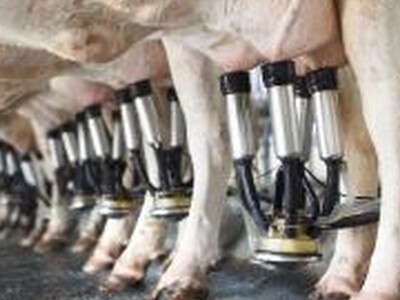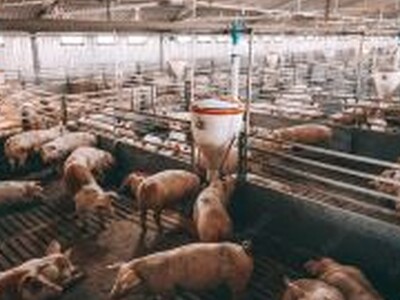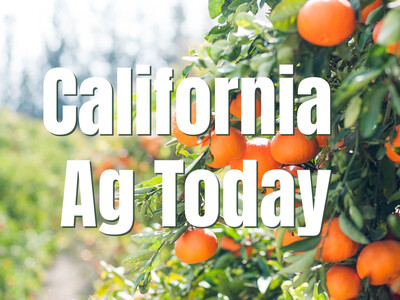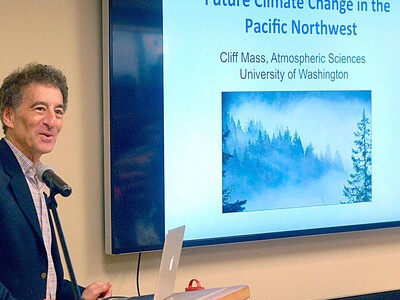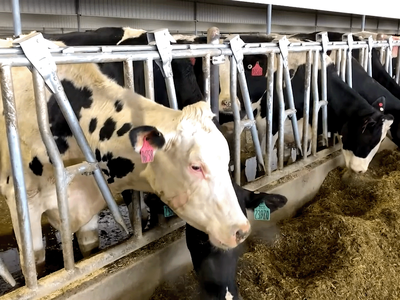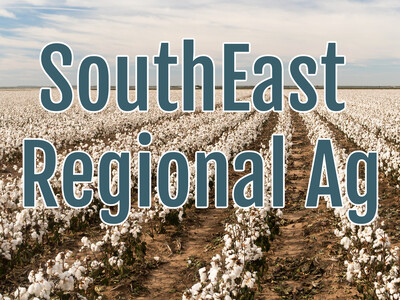Biomass not Gasoline
PacificAg, the country's largest and most experienced biomass harvest company, is helping growers see increased profits in the emerging biomass markets. The company provides a comprehensive suite of services that allow growers to further diversify their operations and experience additional revenue.
Founder and CEO Bill Levy notes they got their start in Oregon. The state has a grass seed crop that leaves a large amount of residue and when burning was banned, growers needed new options such as other markets and other uses for residue. PacificAg stepped in to provide residue management solutions for that market and continues to do so in other markets. Joanna Schroeder from 4R Communications had a conversation with me and I learned that cellulosic ethanol might not be the most judicious choice for agricultural residues: "Joanna, There is a plunge in oil prices and you you are talking on the subject of biomass and I would think that there would be no use for biomass, given that oil is so cheap. But you have a counter argument for that, correct? I do, David. Biomass right now, most people are familiar with using it for cellulosic ethanol production and with the oil plummeting and with confusion over the renewable fuel standard and whether or not we are going to have enough places for the cellulosic ethanol to go, biomass right now is not really that competitive in the oil market."
That said, Joanna told me that biomass can be utilized in a number of other ways including as burnable fuel to replace coal and pellets that can be used to feed livestock.







